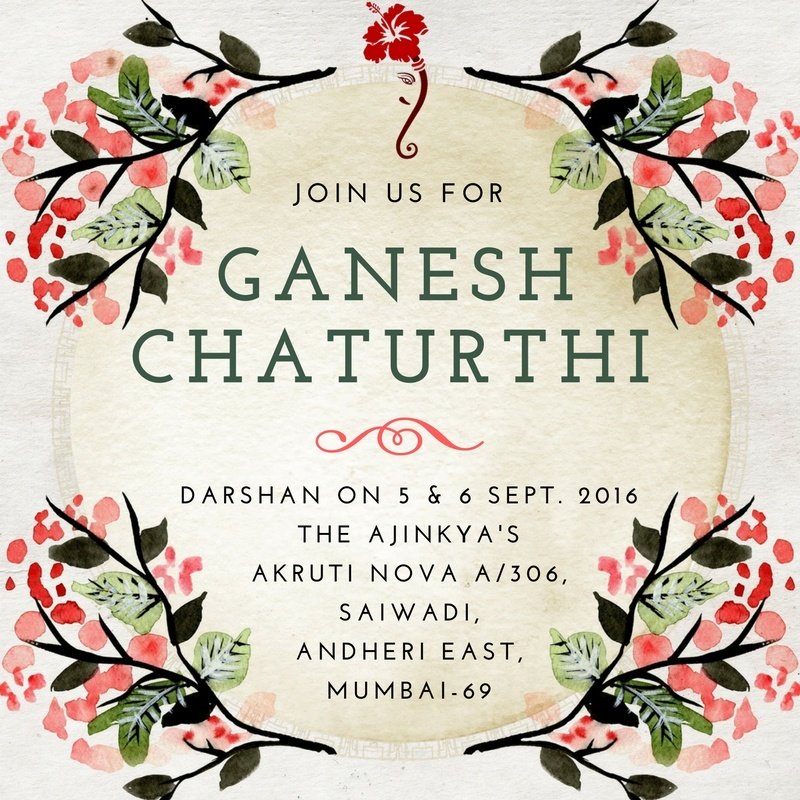Voting day in Mumbai is always a heated affair.
By late afternoon, the voting turnout has been pretty low. In fact, it was lesser than 30% at 1pm. This benchmark is a pretty poor number for one of the most populated cities in this country, if not the world.
Why, then this low figure? There could be multiple reasons for this which most readers will rattle off!
High temperatures
With temperatures touching the high 30s and humidity in the high 90s, the sweltering heat feels like a suffocating blanket on everything. If you have been outside these days without the safety of the office AC, you will feel the continuous sapping of energy and always feel dehydrated at the end of every excursion outside the cool interiors.
Working offices
Section 135B exists, but only in principle. Most offices in Mumbai and other metropolitan cities have been working throughout the day, with a half-day being given to employees.
The problem with this specific clause is that for those employees who actually want to vote the leave is not really needed, and for those who do not want to vote, the leave is just an additional leave. Hence most companies are choosing to interpret it as such – you apply for a leave, and it shall be granted, however coming to office and pushing off early won’t be considered as a half day.
Long weekend
With elections in Mumbai being planned on Monday and the paid holiday for employees pretty much guarantees everyone a three-day long weekend to plan their trips.
Having to come back from their weekend trips to stand in long queues in this heat is something that a lot of people may not look forward to.
Having said that, why citizenship in the title?
Voting should be an act of citizenship
The reason is simple. I believe that by choosing to actively participate in the election of the world’s largest democracy, all of us are making the choice of being a citizen.
Being a citizen doesn’t necessarily mean simply standing in a queue and casting your vote in a ballot box. It means, actively working towards the organizational goals of the country.
Sadly, this is a trait that hasn’t been inculcated in a lot of people. Folks simply do not know what citizenship is or what does it mean to be a citizen.
I am providing a video of what I think acting like a citizen entails. It doesn’t stop at voting, it has a much more engaged definition.
As the markets went in their roller coaster, and eventually normalcy returned, I cannot help but think that even though the elections went by pretty smoothly – our citizens haven’t really changed.

